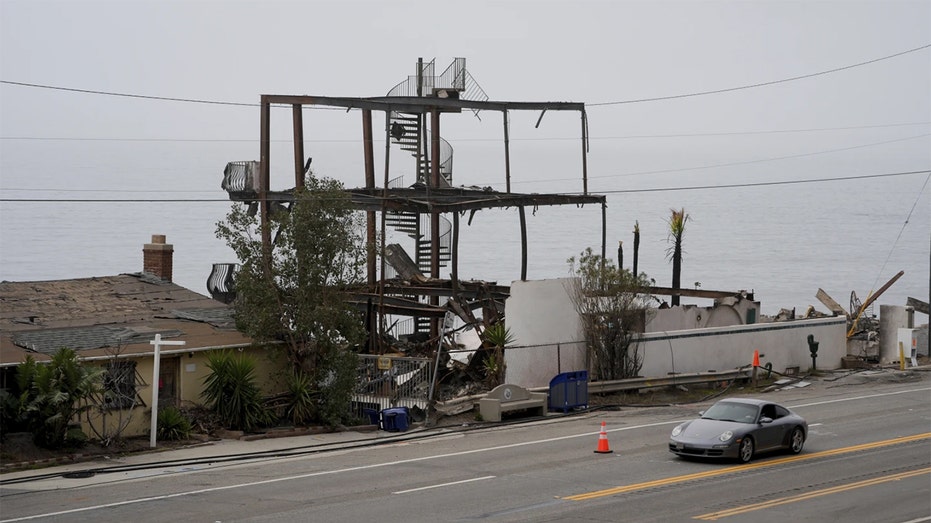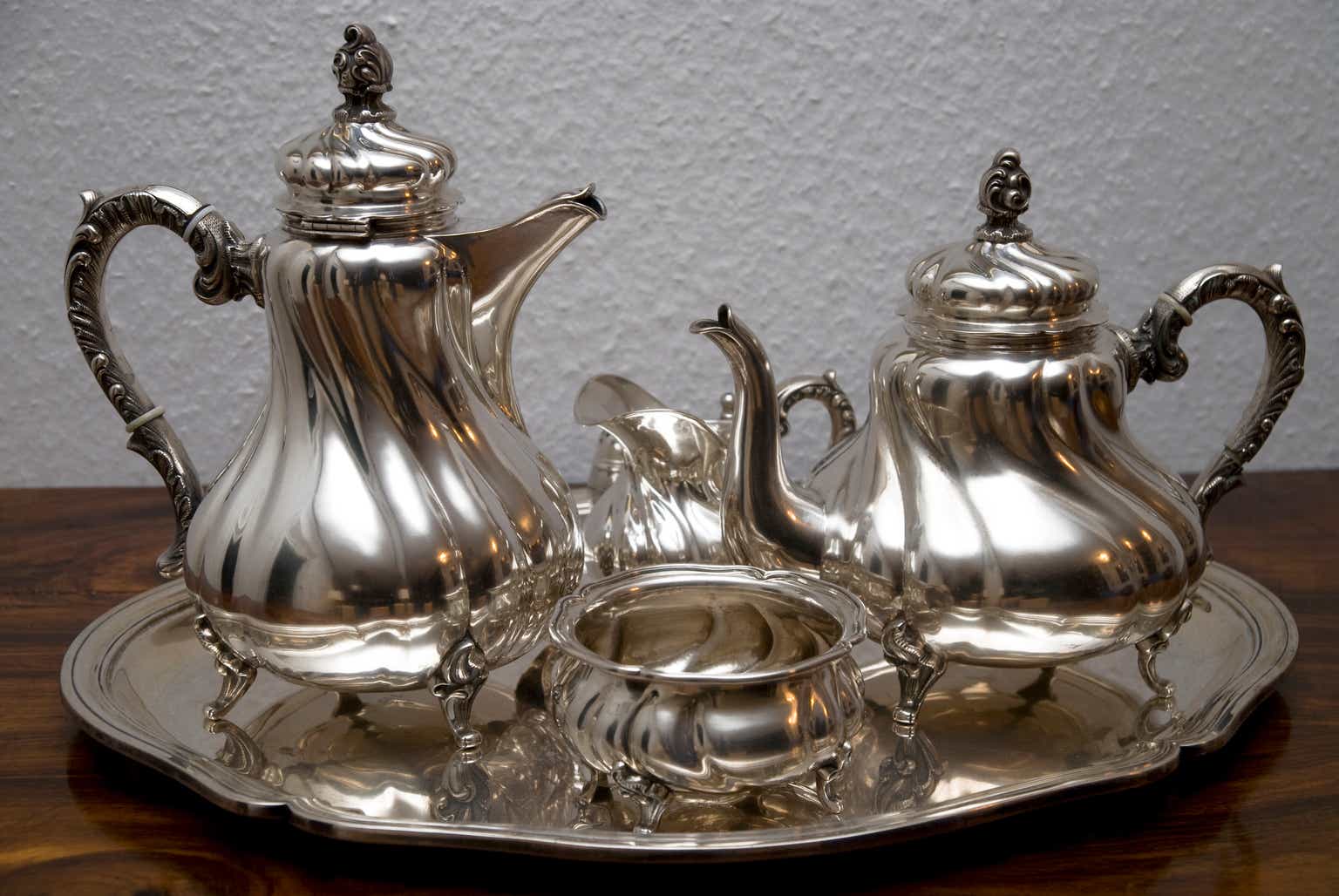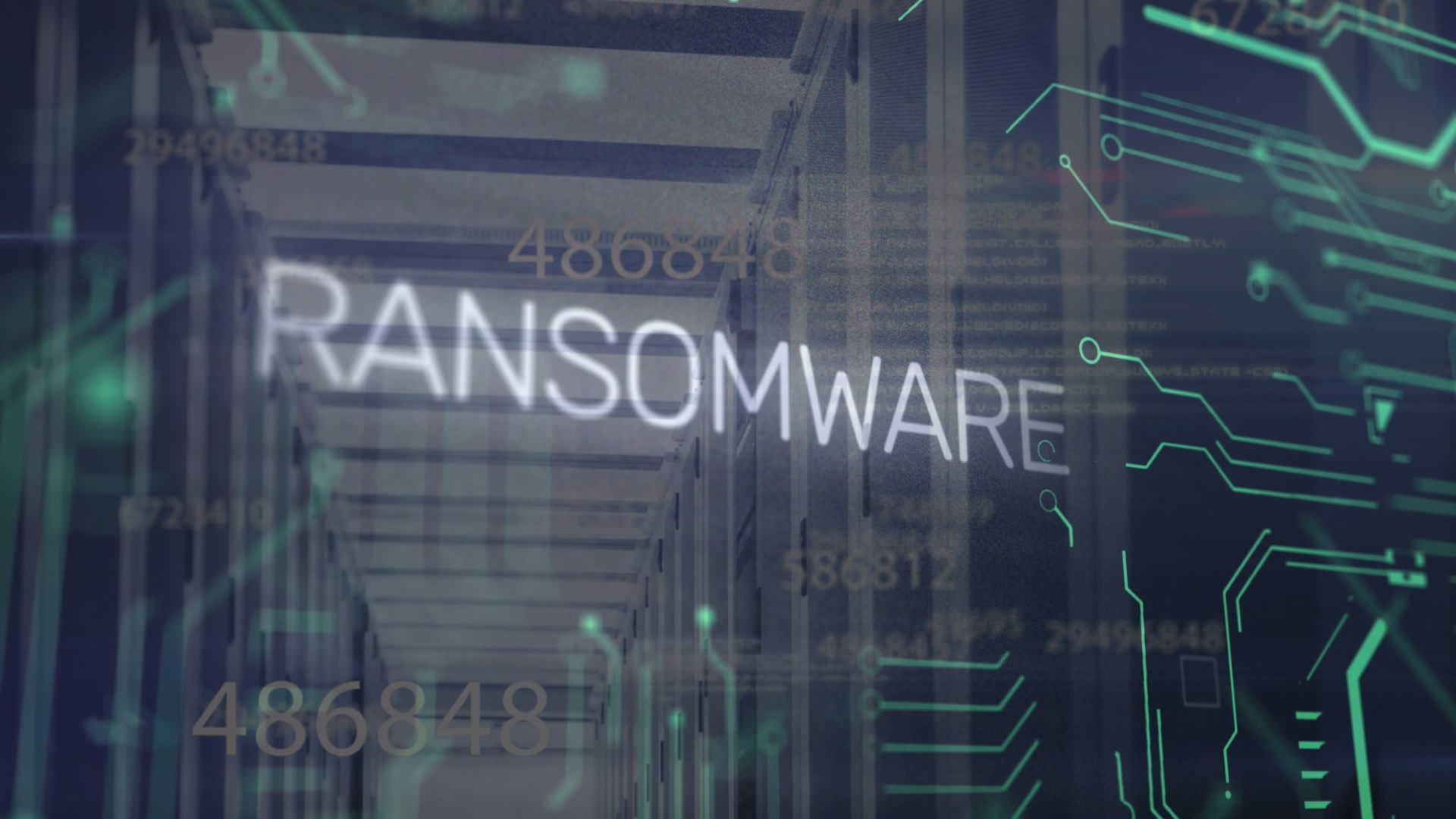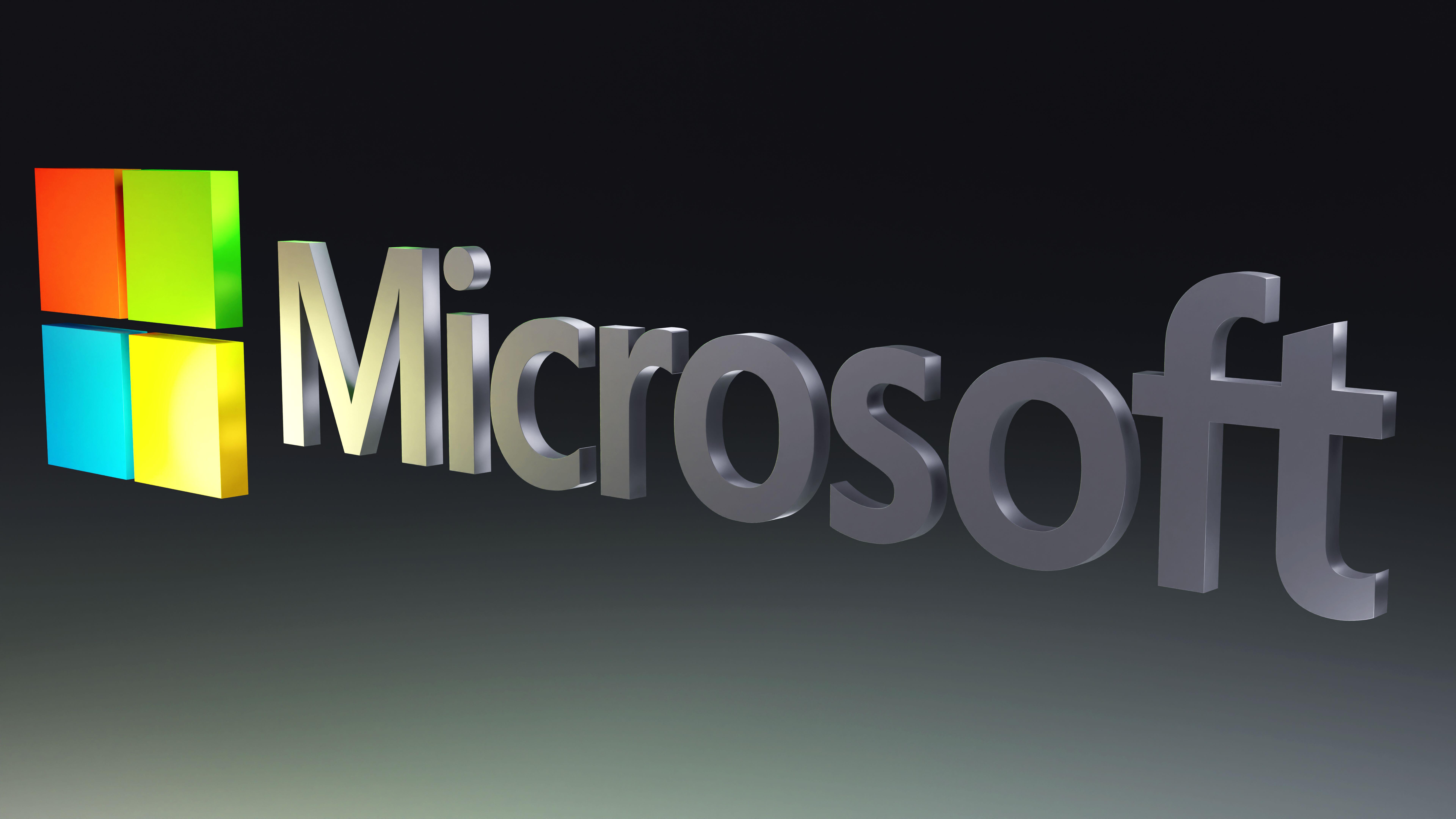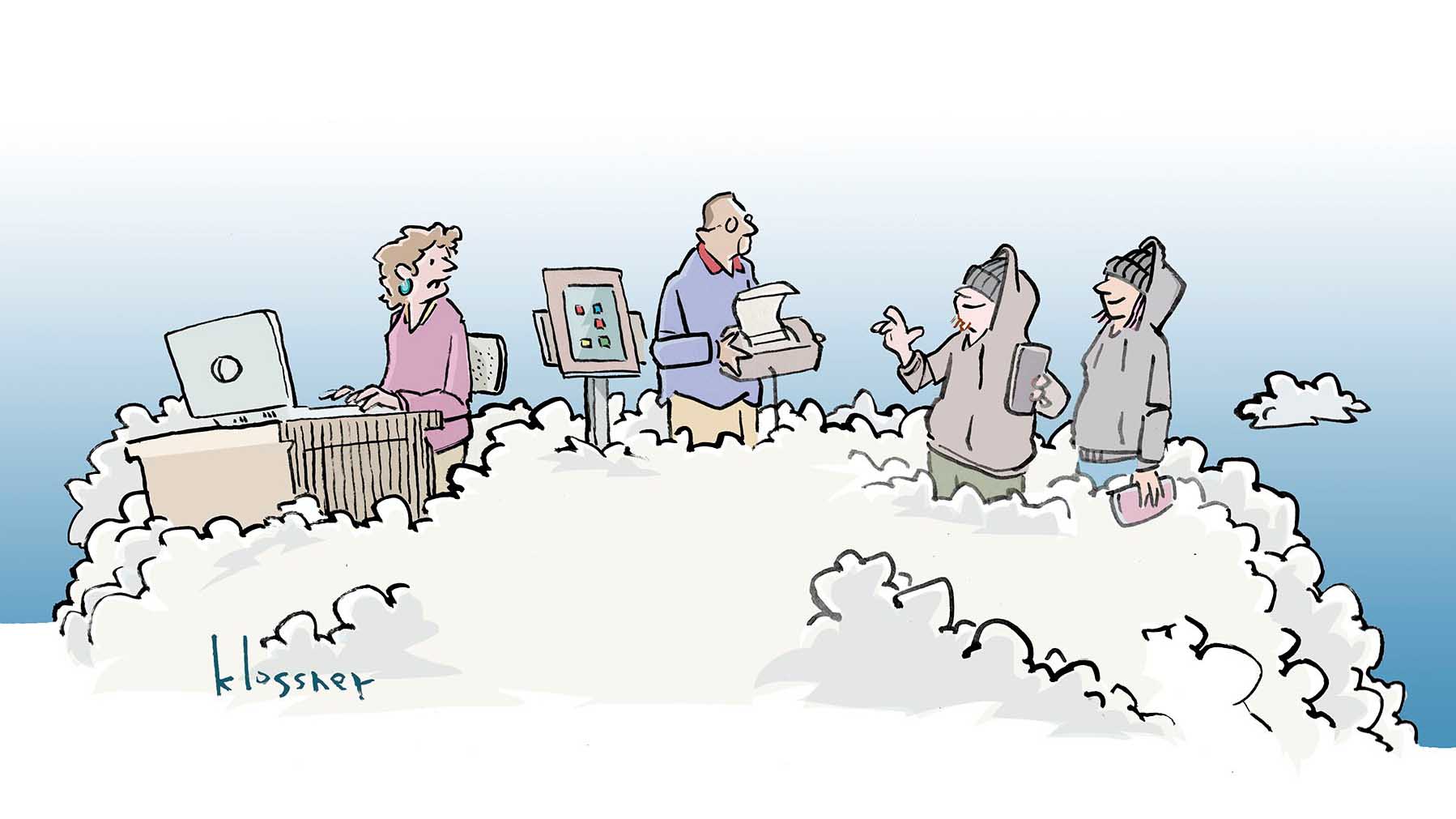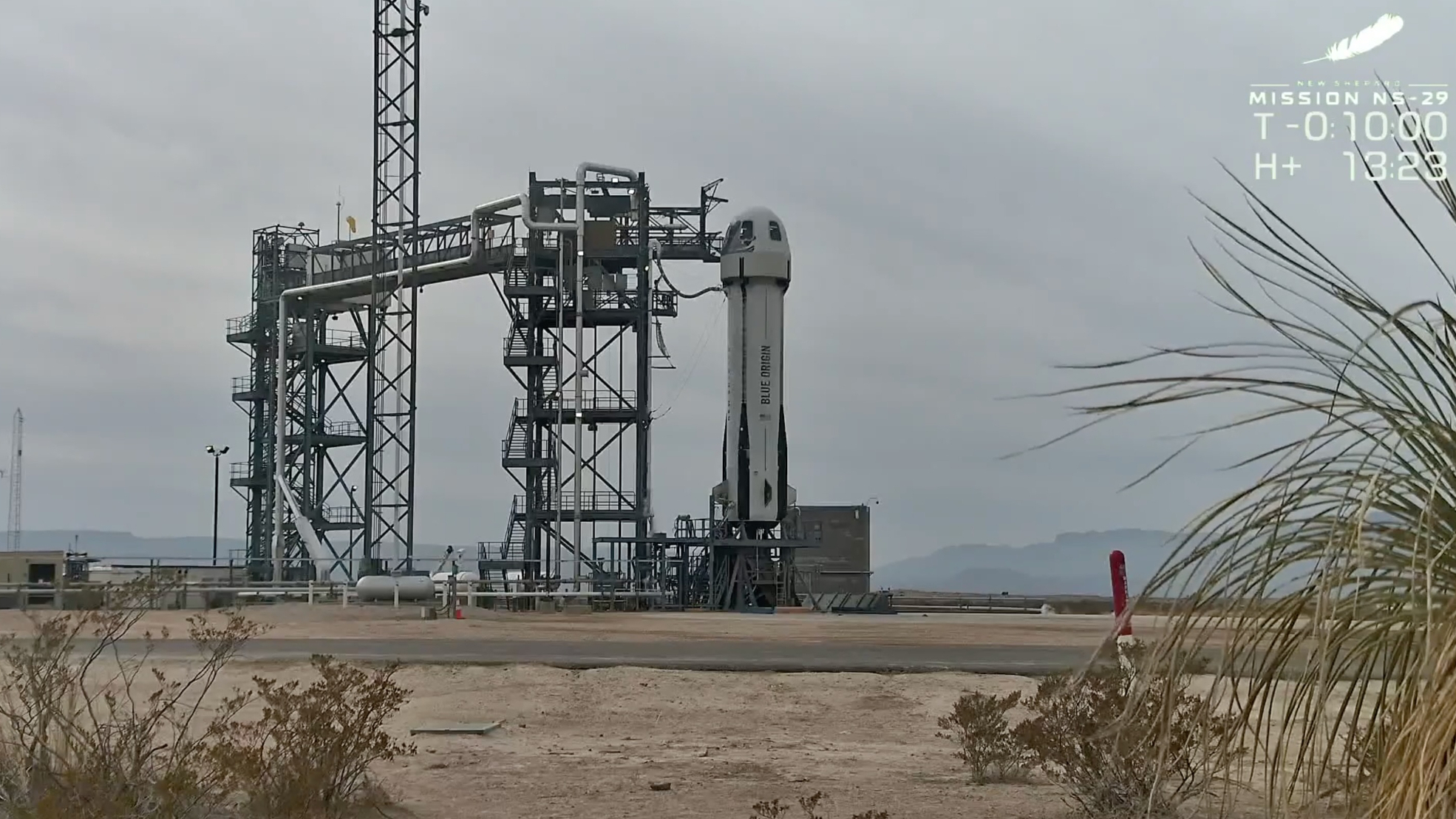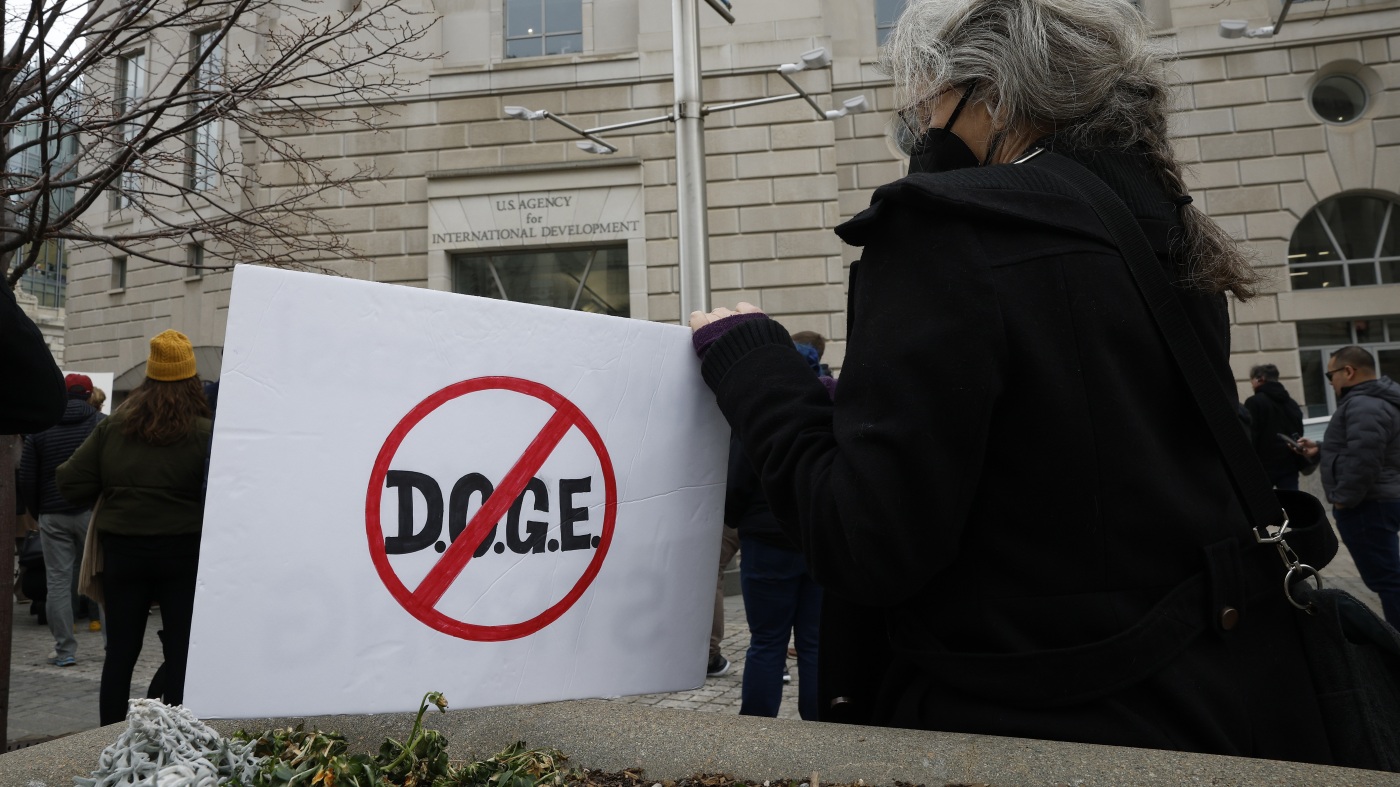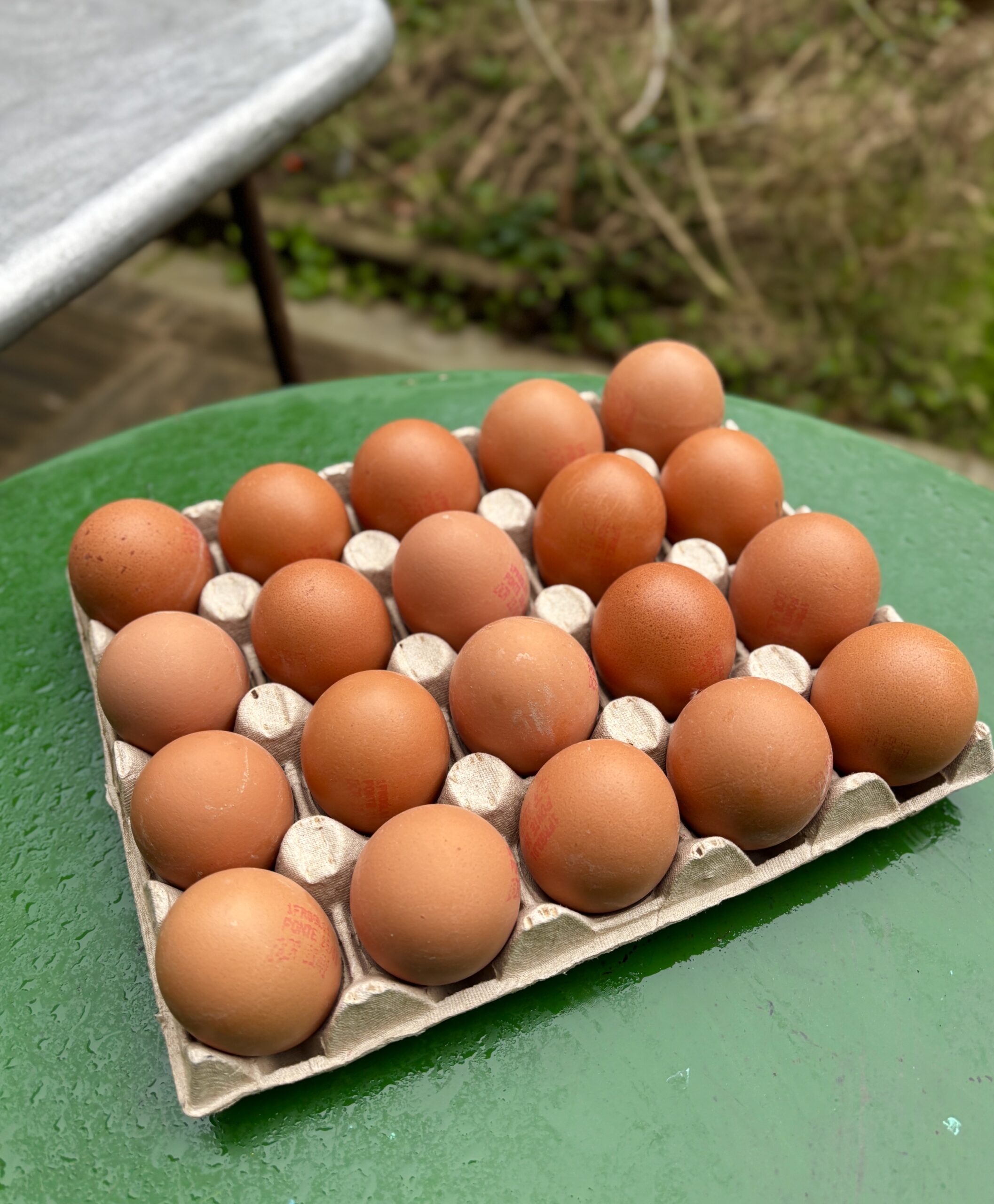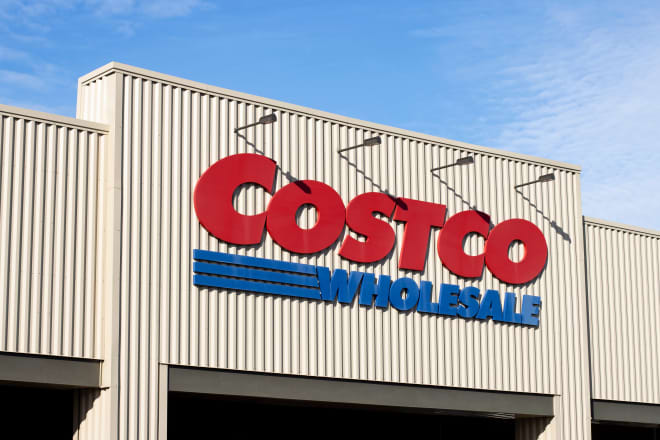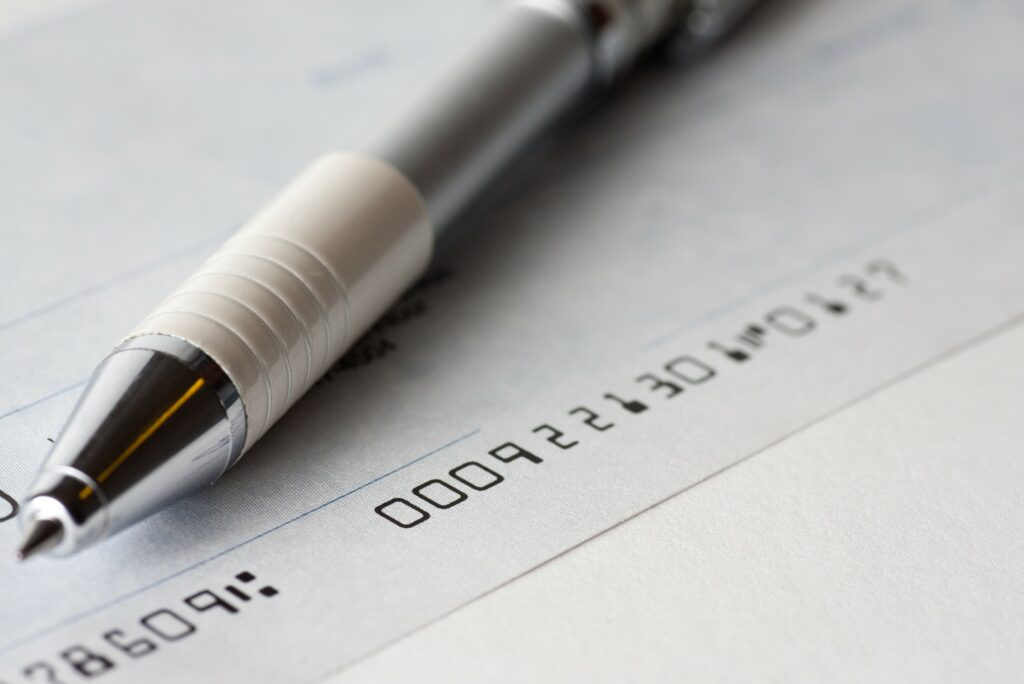Staying the Course Despite the Trump Tariffs
What do the Trump Administration tariffs mean for your investment portfolio? And what steps should you take to protect your money? The post Staying the Course Despite the Trump Tariffs appeared first on The White Coat Investor - Investing & Personal Finance for Doctors.

 By Dr. Jim Dahle, WCI Founder
By Dr. Jim Dahle, WCI FounderUpon returning home from Grand Cayman, where I was speaking to anesthesiologists (and diving), I received a message from Josh, our content director, about the new Trump administration tariffs:
“I'm seeing some talk on Reddit and the FB group about what people should do with their portfolios regarding the new tariffs. People are worried. It might be worth doing a quick post on it that we can publish ASAP if you’re up for it and you think you have something meaningful to say. Even if it is just ‘Stay the course.' Might be reassuring to some of our readers.”
OK, I told him. We can do that. So, here it is.
The truth is that I have no idea what the short- and long-term ramifications of the Trump administration's tariff policies are on your portfolio. As a student of history and markets, I have spent the week or two since the inauguration watching with a mix of fascination and dread. “I wonder if that will help or hurt,” I say to myself every time something new comes up.
What Is a Tariff?
Let's talk about tariffs for a minute. What is a tariff? A tariff is a tax. But instead of the tax being initiated by you earning income (an income tax), it is initiated by the import of a product (or perhaps service) from another country. These are not exactly new. For many decades after US independence, the government was funded primarily by tariffs. The income tax didn't even show up until the Civil War. The rates then were 3%-5%. The public didn't like it, so after the Civil War, 90% of all tax revenue came from alcohol and tobacco. The income tax went away in 1872 and then came back in 1894, and it was then ruled unconstitutional in 1895. In 1913, the 16th Amendment was ratified, Form 1040 was born, and income tax rates were 1%-6%.
The message to take from all of that early history is that the US government didn't used to be all that big. It didn't do all that much. It couldn't. It didn't have the money to do it. And when the government doesn't do much, it can fund those activities with nothing but a few tariffs. When the government does a lot (and yes, our government now does a lot), you're either going to need A LOT of tariffs or other taxes in addition to the original tariffs.
What Are the Positive Economic Effects of Tariffs?
There are two points to a tariff. The first is to raise money. We pretty much covered that above. The second point is to protect someone inside your country offering the same product or service or to incentivize people in your country to provide more of that product or service. Basically, you're giving your folks an advantage. The positives of a tariff are obvious, right? More revenue for the government without taxing the citizens and more income and better jobs for the citizenry instead of people in other countries.
What Are the Negative Economic Effects of Tariffs?
So, what's the problem? Why don't we already have huge tariffs if they're so awesome? Well, the first law of economics is that people respond to incentives. Subsidize what you want to see more of and tax what you want to see less. If you're going to tax imports, expect to see fewer imports. What's the problem with that? Well, we import an awful lot of stuff. Part of the reason you can buy so many things with so little money is because they are made elsewhere—in places where the product inputs and labor it takes to create those items are a lot cheaper. Places like China, Korea, Malaysia, Indonesia, and Mexico.
Malaysia just raised its monthly minimum wage to $378. Divide that by 160 hours a month, and that's $2 an hour or so. Or you can pay $16.50 in California. It's your choice as an employer/business owner. If you like a business that has positive profit, you're going to make your product in Malaysia instead of California if you can. So, they do, and a big part of that savings is passed on to you, the consumer, in the form of cheaper prices.
Now, if your country adds a tariff on those products coming from Malaysia, they're going to cost more. Who is going to pay that cost? That's right, you are. Yes, your government gets more money, but that money is coming from you—just like your income taxes. No free lunch.
But wait, there's more. Economic theory suggests that tariffs make us all worse off. Free markets create more wealth. The distribution of that wealth may not be as even as you might like, but there's probably going to be a bigger pie to divide up. Tariffs aren't usually one-sided either. If one country puts them in place, so do the other countries with which they trade. This is sometimes called a “trade war.” Not only do you pay more for your products made elsewhere, but there is less demand for your products made here. Not awesome.
More information here:
Student Loan Repayment and PSLF in the Trump Era
Your Crystal Ball Predictions for 2025
Why Is the Trump Administration Imposing Tariffs?
The “why” behind the tariffs is not entirely clear to me, but we can glean some insight from the president's social media posts, such as this one:
“WILL THERE BE SOME PAIN? YES, MAYBE (AND MAYBE NOT!) BUT WE WILL MAKE AMERICA GREAT AGAIN, AND IT WILL ALL BE WORTH THE PRICE THAT MUST BE PAID.”
OK, Trump seems to recognize there are some downsides to tariffs but thinks they are worth it for the upsides. What upsides is he most interested in? Apparently NOT protecting American industry or boosting revenue. It's reportedly about getting our neighbors to do more about immigration and drugs. In one of the executive orders, it says the following:
IMPOSING DUTIES TO ADDRESS THE FLOW OF ILLICIT DRUGS ACROSS OUR NORTHERN BORDER
I, DONALD J. TRUMP, President of the United States of America, find that the sustained influx of illicit opioids and other drugs has profound consequences on our Nation, endangering lives and putting a severe strain on our healthcare system, public services, and communities.This challenge threatens the fabric of our society. Gang members, smugglers, human traffickers, and illicit drugs of all kinds have poured across our borders and into our communities. Canada has played a central role in these challenges, including by failing to devote sufficient attention and resources or meaningfully coordinate with United States law enforcement partners to effectively stem the tide of illicit drugs . . .
I previously declared a national emergency with respect to the grave threat to the United States posed by the influx of illegal aliens and illicit drugs into the United States in Proclamation 10886 of January 20, 2025 (Declaring a National Emergency at the Southern Border). Pursuant to the NEA, I hereby expand the scope of the national emergency declared in that Proclamation to cover the threat to the safety and security of Americans, including the public health crisis of deaths due to the use of fentanyl and other illicit drugs, and the failure of Canada to do more to arrest, seize, detain, or otherwise intercept DTOs, other drug and human traffickers, criminals at large, and drugs. In addition, this failure to act on the part of Canada constitutes an unusual and extraordinary threat, which has its source in substantial part outside the United States, to the national security and foreign policy of the United States. I hereby declare and reiterate a national emergency under the NEA and IEEPA to deal with that threat. This national emergency requires decisive and immediate action, and I have decided to impose, consistent with law, ad valorem tariffs on articles that are products of Canada set forth in this order . . .
(d) Should Canada retaliate against the United States in response to this action through import duties on United States exports to Canada or similar measures, the President may increase or expand in scope the duties imposed under this order to ensure the efficacy of this action.”
I guess we're causing Canadians and Americans to have economic pain to try to force Canada to curb the flow of drugs and human trafficking victims across our northern border. Like I said, it's pretty interesting stuff to watch. Other statements suggest Trump believes that we are subsidizing Canada by running a trade imbalance with them. Or maybe we just want Canadian stuff more than Canadians want our stuff. Dunno.
It's all a little vague and ambiguous, but it appears the administration's tariff goals appear to be:
- Control immigration better
- Control importation of drug and drug precursor material
- Ensure the US is treated fairly by its trading partners
- Pressure other countries to assist with US foreign policy goals.
Will the tariffs help? Will the benefits be worth the pain? I have no idea. The crystal ball is cloudy. Reasonable people can disagree.
What Do the Tariffs Mean for Your Portfolio?
Tariffs are generally bad for the economy. They lower production and raise prices, boosting inflation. If there is an effect on your portfolio, it is likely a negative one—especially if your portfolio is globally diversified like mine. Like any policy change, there will be winners and losers. Some companies and sectors will benefit from the protection that tariffs provide. Others will be hurt. But it's not easy to say whether the US or the international stocks in your portfolio will be hurt more. And it's impossible to say whether the return on stocks will be positive or negative this year—or even over the next five years. There are so many other factors that are known, unknown, and unknowable that go into this equation that you cannot make an accurate forecast based only on these new tariffs. That doesn't stop people from trying, of course.
Goldman Sachs gets paid to make predictions. According to Morningstar, Goldman is making all kinds of them with these new Trump tariffs. They're all pretty vague, though, as they should be if you're in the prediction business. More from Morningstar:
“‘If company managements decide to absorb the higher input costs, then profit margins would be squeezed. If companies pass along the higher costs to its end customers, then sales volumes may suffer,' says the Wall Street bank. They estimate that every 5% point increase in the U.S tariff rate would trim S&P 500 earnings per share by roughly 1%-2%.
‘As a result, if sustained, the tariffs announced this weekend would reduce our S&P 500 EPS forecasts by roughly 2%-3%, not taking into account any additional impact from major financial conditions tightening or a larger-than-expected effect of policy uncertainty on corporate or consumer behavior,' says Goldman. (It should be noted that the bank's economists still think that the tariffs on Mexico and Canada will be temporary).
Another way equities may be pressured is that investor anxiety could weigh on stock valuation multiples. The chart below shows the spike in the economic policy uncertainty index, registering a top percentile reading for the last 40 years, Goldman notes.
‘The historical relationship between policy uncertainty and the S&P 500 equity risk premium suggests that the recent uncertainty increase should reduce the forward 12-month P/E multiple by about 3%, holding all else constant,' says Goldman. Remember, the S&P 500's forward P/E multiple is currently around 22, well above its historic average in the high teens.”
[EDITOR'S NOTE: On February 3, the US and Mexico and then the US and Canada both announced the imposed tariffs on each other would be delayed until March. Tariffs on China, however, had still been imposed.]
It appears that the people at Goldman have the same thoughts on this that I (and pretty much everyone else) do. The tariffs will have a negative effect on the economy and your stock performance. How large of an effect is hard to say, but that doesn't keep Goldman from saying it (1%-2% earnings drop per 5% of the tariff). That means 25% tariffs are going to decrease S&P 500 earnings by 10%. All else equal, it reduces stock value by 5%-10%, at least while tariffs are in place. And we have no idea how long that will be. See what I mean? It's not very actionable information.
More information here:
Accelerating Charitable Contributions No Matter What Happens with the Tax Cuts and Jobs Act
What Should You Do About Trump Tariffs?
Jack Bogle famously said:
“Stay the course. No matter what happens, stick to your program. I've said ‘Stay the course' a thousand times, and I meant it every time. It is the most important single piece of investment wisdom I can give to you.”
“We say stay the course. But before you stay the course, make sure you're on the right course.”
“Stay the course. Regardless of what happens in the markets, stick to your investment program. Changing your strategy at the wrong time can be the single most devastating mistake you can make as an investor.”
You are not investing your retirement money to spend next week, next month, or even next year. Chances are you're going to spend the majority AFTER Donald Trump is out of office. You, like me, have no idea what tariff levels will be 25 years from now. Why would you think that they should have any effect on how you invest today? That doesn't make any sense. If you thought having 40% of your money in US stocks and 25% of your money in international stocks was the right thing to do a year ago, that's probably still the right thing for you to do today.
Try to adopt a more philosophical attitude toward your portfolio. If prices go up, you're wealthier. If prices go down, future returns are likely higher (as a percentage) and you can buy more shares at a lower price. You win either way. We are not changing our asset allocation, and we recommend you don't either.
What do you think? Are you making any portfolio changes due to these new tariffs? Why or why not? What does your crystal ball say tariffs are going to do to stock prices, interest rates, and inflation over the next year or two?
The post Staying the Course Despite the Trump Tariffs appeared first on The White Coat Investor - Investing & Personal Finance for Doctors.




